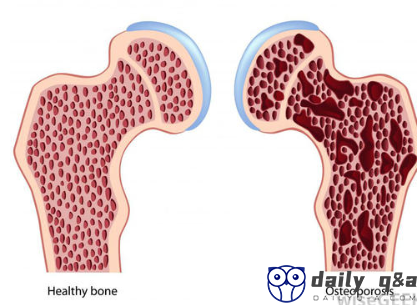Calcium is an essential element of the human body, lack of calcium will affect our health. So do you know what effect calcium has on the human body? Let's learn about it together.
Calcium is the most abundant inorganic salt in human body. The content of calcium in normal human body is 1200 ~ 1400 g, which accounts for 1.5% ~ 2.0% of human body weight, of which 99% is in bones and teeth. In addition, most of 1% of calcium is in ionic state in soft tissue, extracellular fluid and blood, which keeps a dynamic balance with bone calcium. Calcium in the body, on the one hand, constitutes bones and teeth, on the other hand, it can participate in various physiological functions and metabolic processes, affecting the activities of various organs and tissues.

Bone is the scaffold of human body shape, which plays the role of protection, support and movement. The formation and growth process of life is accompanied by the growth and strength of bone tissue. During this period, the human body needs to supplement a lot of calcium from the outside, and deposit in the bone in the form of bone calcium, which makes the bone continuously grow, thicken, increase bone density and increase bone hardness. The main effect of calcium on bone is that calcium is an important component of bone. In addition, muscle contraction and calcium has a great relationship, in the absence of calcium, muscle contraction will have some decline, serious cases lead to muscle weakness and even muscle can not complete the contraction. At the same time, the beating of the heart also needs muscle contraction to complete, calcium deficiency causes muscle contraction decline and other easy to cause heart diseases.
What effect does calcium have to human body
Normal blood calcium concentration is very important to maintain the normal function of cardiovascular system. The function of calcium is indispensable for myocardial contraction, relaxation and energy storage and utilization. When the blood calcium concentration is too low, the myocardial contractility will be weakened and the mechanical contraction time of ventricle will be prolonged. In severe cases, blood pressure will be reduced, psychological failure and cardiac arrest will occur. High blood calcium will cause myocardial contraction is too strong, resulting in arrhythmia and other adverse reactions.
In addition, normal blood calcium concentration plays an important role in maintaining the sympathetic and parasympathetic nerve activities of gastrointestinal smooth muscle and various digestive glands, as well as the secretion, activation and physiological function of enzymes involved in digestion. For example, calcium ion is required for the human body to provide energy by carbohydrate and decompose protein into amino acids, And the blood calcium concentration is too high or too low will affect the digestive function.
Copyright notice
This article only represents the author's point of view, not the standpoint of this station.
This article is authorized by the author and cannot be reproduced without permission.